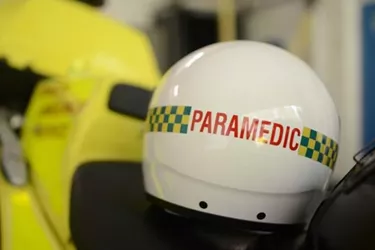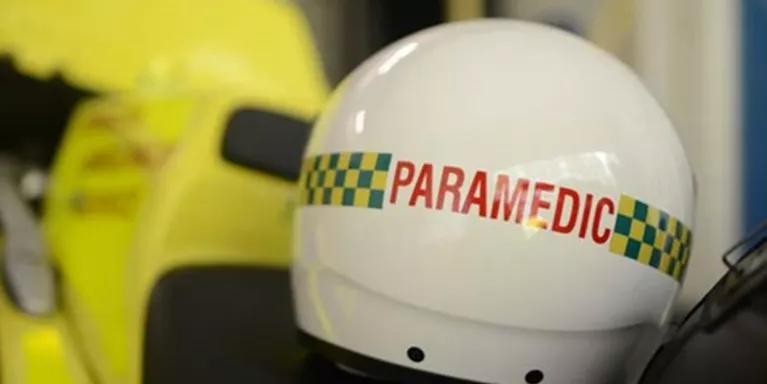Nick's story
Nick is a search and rescue team leader. He talks about his anxiety and how talking to professionals and peers has helped him over the years.
I first got involved with search and rescue when I was in my mid-20s. My friend and I were both keen outdoors people, so we decided to volunteer. After about three years of that, I got a new job and moved into the Central Lake District area. I've been volunteering here ever since. I've now been a team leader for about 7 years.
When I first joined the team in the early nineties, we were doing around 60 rescues per year. Now we regularly attend 100-120 rescues a year. It's quite a significant commitment on top of my day job, family and other things that matter in life.
I don't remember exactly when my problems with mental health started. Looking back, I think it stemmed from when my daughter started preparing to leave home for university.
I was getting extremely anxious, having butterflies in my stomach almost continuously. I was also having problems with mood swings, and getting quite emotional about things that weren't entirely rational.
I remember on one occasion, we were dealing with a serious fatality. A woman had fallen a long way and suffered horrendous head injuries. There was another person there, who was obviously traumatised from witnessing the event. The whole incident kind of imprinted itself on my brain.
I was getting extremely anxious, having butterflies in my stomach almost continuously.
A good few years later, I found myself back at the spot that that person had fallen from. For some reason, images of that woman started to appear in my head, but somehow my daughter's face was transferred onto the image of this woman. It absolutely frightened the life out of me.
Eventually my anxiety got so bad that I went to my GP. He ran me though a little test that assessed my mental health, and I failed miserably! He identified that I had some issues, and was able to refer me quickly to the local mental health services.
The first time I saw a counsellor, I broke down in tears. Being able to talk to someone who was non-judgemental helped a lot, and she really seemed to understand what I was going through. More that anything else, she has equipped me with the ability to realise if I am dipping back down again. Now I know what to do to help myself cope.
Being able to talk to someone who was non-judgemental helped a lot, and she really seemed to understand what I was going through.
Throughout everything, my rescue colleagues have been hugely supportive. Even the tiniest little gesture can mean so much – invites to go climbing, invites for coffee, just someone coming around and dropping in for a chat.
I've talked to various people over the years about my mental health issues – both in the rescue world and outside of it – and there are so many people who have experienced similar things. So it's important to know that you're not alone in feeling this way.
If you are having mental health problems, don't be afraid to tell somebody. Hopefully we've all got someone we can share these things with. The idea that you should just "man up and get on with it" isn't a great idea!
I've talked to various people over the years about my mental health issues [...] and there are so many people who have experienced similar things.
And don't be afraid to talk to a professional, because your GP is the first line of defence in many of these cases. What kind of medical care you get varies across the country, but it is there, so just go and talk to somebody when you realise something isn't right.


Information and support
When you’re living with a mental health problem, or supporting someone who is, having access to the right information - about a condition, treatment options, or practical issues - is vital. Visit our information pages to find out more.
Share your story with others
Blogs and stories can show that people with mental health problems are cared about, understood and listened to. We can use it to challenge the status quo and change attitudes.













